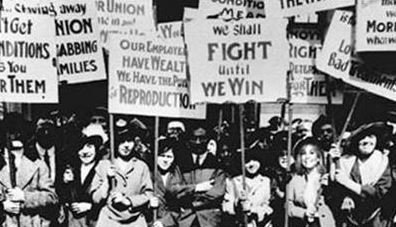The department of labour was in touch today. Can we meet with them in August to discuss the NGO exemption process? This is good; they are trying to engage - although the phrase 'discuss expert group' did not appear as part of the meeting agenda. Not a problem it will be raised once we're in the room with them. But it does mean starting to think about what steps we should take if they fail to establish the expert group.
Litigation around the disregard of our representations was the one thought. But to what extent can you 'make' parliament adopt your suggestions? What is their prerogative to disregard? How are they persuaded of a particular point of view? What is democratic consultation?
The Minimum Wage Panel made recommendations around this group - which were ignored (although those applicable to farm workers and domestic workers were not). Effectively parliament, in addition to Labour, will have ignored this recommendation. Is the argument around the persistent bias against this group? Clearly recommendations are just that. But on what grounds do you adopt two and ignore the third? What investigation did you undertake to disregard only this particular recommendation? (None, of course). So the decision to ignore the recommendation may be irrational.
The effects will be serious - although not to the same extent everywhere. Some services could be described as fulfilling particular rights. If these are diminished does this amount to a rights violation? What about the progressive realisation of rights? Does the fact that subsidies to services have not increased in real terms amount to the progressive derealisation of rights.
The bottom line is that services are a neglected, overwhelming mess. Fixing them will be a nightmare. A minimum wage doesn't solve the underlying problems but it does make work in this sector a little less inequitable. After all, this was the category of worker for whom a minimum wage was designed.
